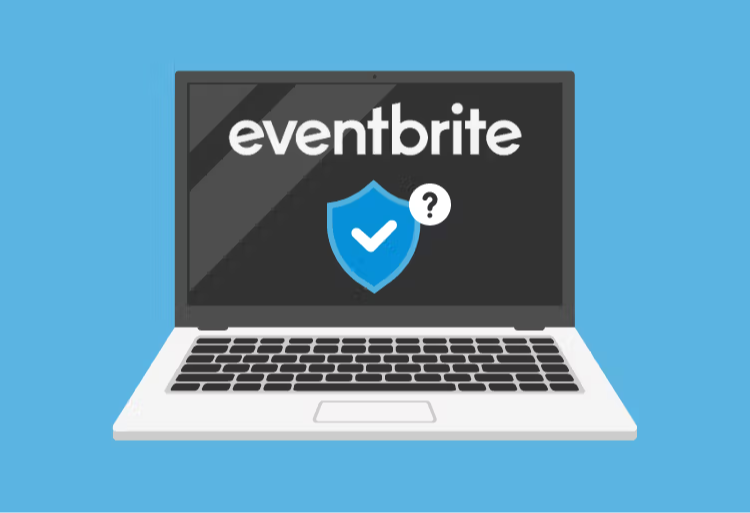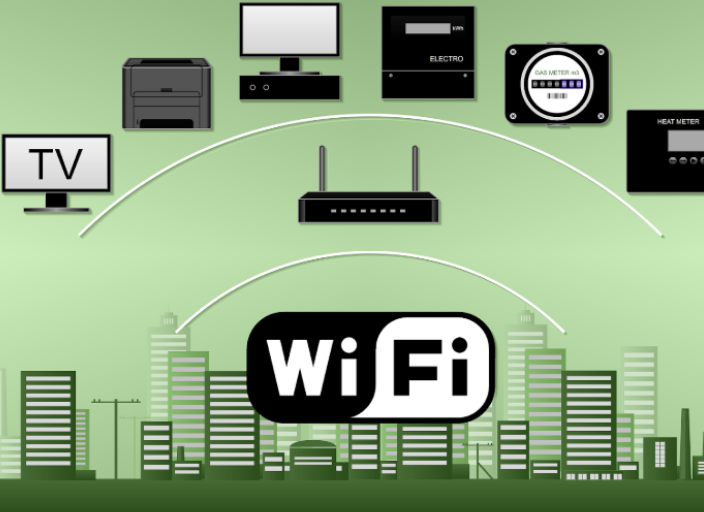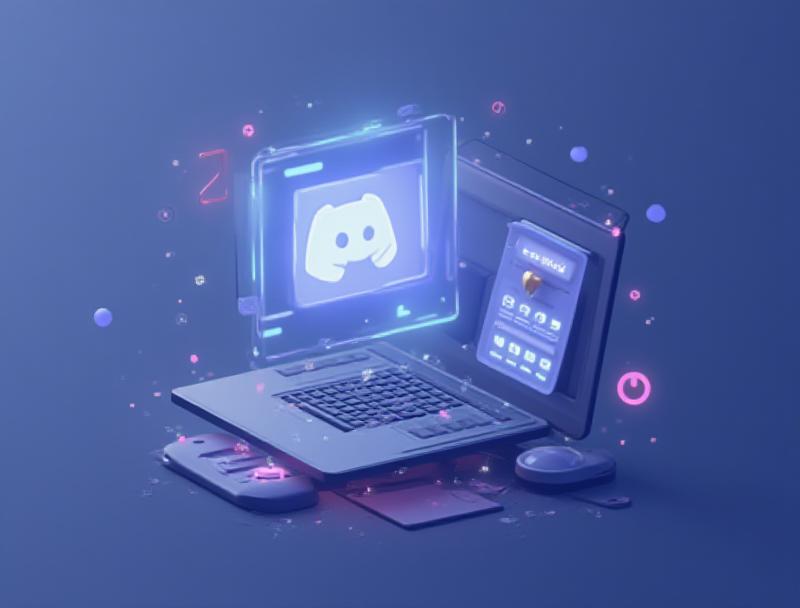Can you be tracked with a VPN? It’s one of the first questions that comes up when people start thinking about boosting their online privacy. If you’ve wondered, “Can you be tracked with a VPN while searching for a discord VPN, ostrich vpn, or even looking for a vpn to change location?” you’re not alone.
Many users want to know just how far their VPN actually protects them and whether services like Sweet VPN or Free VPN proxy can guarantee complete anonymity. The truth is nuanced, and understanding it will help you make smarter decisions about your online presence.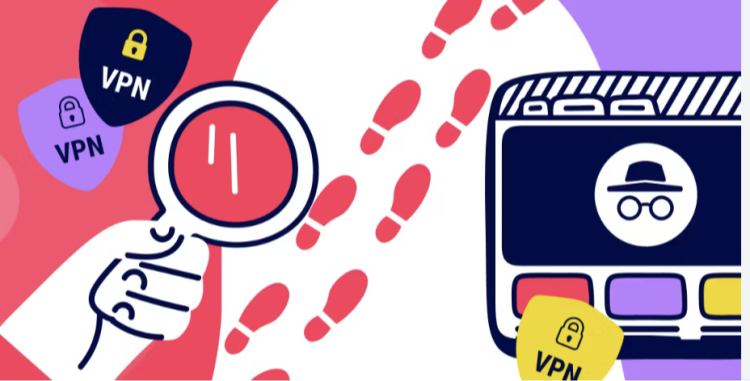
What Does a VPN Hide?
Core Function: Encryption and IP Masking
When you connect to a VPN, such as Falcon VPN, your real IP address is replaced with the VPN server’s, and your data is encrypted. This process, core to any reliable VPN, creates a secure tunnel between your device and the internet.
For example, say you’re in the UK but connect to a VPN server in the US; any site you visit will think you’re browsing from America. Encryption jumbles your internet traffic, making it unreadable to anyone trying to snoop.
Hiding Your Online Activity
With a trustworthy VPN, including popular choices like ostrich vpn or discord vpn, your browsing activity is out of sight for many common prying eyes. This is especially true if you’re looking for a Free VPN for Android -Falcon VPN or seeking specialized options like a vpn to change location.
Still, can you be tracked with a VPN in place? The answer depends on multiple factors, from your online behavior to the VPN’s security practices.
Can You Be Tracked with a VPN in Use?
What a VPN Protects Against
The protection a VPN offers is considerable, but it isn’t absolute. Most VPNs prevent your internet service provider, cybercriminals, and even people on public Wi-Fi from seeing what you do online.
What a VPN Can’t Hide
| Tracking Method | Can VPN Hide It? | Details |
|---|---|---|
| VPN Detection | ❌ No | ISPs and sites can detect VPN use based on traffic patterns or known server IPs. |
| Cookies and Trackers | ❌ No | Trackers placed in your browser remain even when using a VPN. |
| Browser Fingerprinting | ❌ No | Your browser’s unique settings can still be profiled. |
| Malware and Spyware | ❌ No | VPNs don't block malicious software on your device. |
| Logged-In Activity | ❌ No | Google/Facebook still track your behavior when logged in. |
Who Can Track You Online Even with a VPN?
Key Entities That May Still See Some Activity
-
ISPs: They detect VPN usage, though a good service like Falcon VPN hides your actual activities.
-
Government Agencies: Might monitor VPN connections but not exact activity if using a no-logs provider.
-
Hackers: A VPN protects against them on public Wi-Fi, though malware can still pose risks.
-
Websites and Social Platforms: Use cookies and logins to track behavior regardless of VPN usage.
Can You Be Tracked with a VPN? A Practical Guide to Your Online Privacy
Curious about your true level of privacy online? The question "Can you be tracked with a VPN?" comes up again and again, especially if you value your digital security.
Trusted VPNs vs. Free VPNs
Can you be tracked with a VPN when streaming, working, or even just browsing? The short answer: when you use a trusted service like Falcon VPN, your web traffic and real IP are shielded from prying eyes.
But can you be tracked with a VPN if it’s a subpar or free option? That’s a different story.
How VPNs Prevent Tracking
The Role of Encryption
A reliable VPN encrypts your data and hides your IP address by routing your online activity through a secure VPN server. Here’s what that means for you:
-
Your real IP stays hidden behind the VPN server’s address.
-
Data is encrypted, so snoopers only see unreadable text.
-
Websites see only the VPN's IP, not your actual location.
VPN Quality Matters
Can you be tracked with a VPN if you’re using a low-quality provider? Sadly, yes.
Only top-tier services like Falcon VPN, Ostrich VPN, Discord VPN, and Sweet VPN offer robust security. If you opt for a questionable provider, you risk leaking valuable info to third parties.
Also, remember: anything you share directly with sites or services you log into is outside the VPN’s protection.
Pro Tip: Looking to change your location? Try a vpn to change location in seconds and enjoy access from virtually anywhere.
Dangers of Free VPNs
Do Free VPNs Track You?
Thinking about a free VPN proxy-Falcon VPN? These sound appealing, but can you be tracked with a VPN that’s free? Be careful.
Free VPNs often fund themselves by selling user data or maintaining logs of your activity, including:
-
IP addresses
-
Sites visited
-
Connection times
-
Data usage
That means: can you be tracked with a VPN that’s free? The answer is usually yes.
Instead, consider reputable providers like Falcon VPN to keep your privacy intact.
What Happens if Your VPN Disconnects?
Temporary Exposure Risks
Can you be tracked with a VPN if it suddenly disconnects? Yes.
If your VPN connection drops, your real IP and traffic are exposed to your Internet Service Provider (ISP) and potentially anyone watching.
That’s why Falcon VPN and similar trusted services protect you with a kill-switch, a feature that automatically disconnects you from the internet if your VPN drops.
DNS Leaks and How to Avoid Them
Some VPNs can have DNS leaks, accidentally exposing your actual IP. To prevent this, Falcon VPN uses its own DNS servers for maximum security.
Government Surveillance & VPNs
How Governments Might Track VPN Users
Can you be tracked with a VPN by the government? Usually not, particularly if your VPN follows a strict no-logs policy and avoids government backdoors.
For instance, Falcon VPN does not record your online activity, so even if authorities ask, there's nothing to hand over.
However, some VPNs agree to install government backdoors, especially in countries with strict controls. Always verify your provider’s policies before connecting.
Getting Past VPN Blocks
Even so, governments can sometimes detect VPN usage. For example:
-
China’s Great Firewall uses deep packet inspection (DPI) to recognize and block VPNs.
-
Falcon VPN’s obfuscated servers help you get around censorship by making your traffic look like regular web data.
Can Google Track You While Using a VPN?
Account-Level Tracking
Wondering, "Can you be tracked with a VPN by Google?" The answer isn’t black and white.
If you’re logged into your Google account, your activity can still be associated with you—even with a VPN masking your location.
-
Watch a video on YouTube while logged in with your VPN, and Google remembers your interest.
-
Other tracking tools, like cookies and browser fingerprinting, also help companies follow your online trail.
Tip: Use privacy-focused browsers and cookie blockers to minimize tracking.
Employer Tracking on a VPN
Commercial vs. Corporate VPNs
If you’re using a commercial VPN such as Falcon VPN, can you be tracked with a VPN by your employer? Not easily.
Your workplace typically can’t see your browsing traffic through a reputable commercial VPN.
But beware:
-
Business VPNs set up by your employer may log your activities.
-
Work devices may also have monitoring software (keyloggers, screen captures) that VPNs can't block.
Rule of Thumb: If it’s a company device, assume it’s monitored—even beyond the VPN.
Detecting VPN Use
Can Someone Tell You're Using a VPN?
Can you be tracked with a VPN simply by someone spotting your connection?
Yes. It’s possible to tell if you’re using a VPN by looking for:
-
All traffic coming from a single VPN IP address, not your real one.
-
IP address mismatches compared to known VPN ranges.
Solution: Use Falcon VPN’s obfuscated servers, so your VPN traffic blends in as standard internet traffic.
Quick VPN Leak Test
How to Test If Your VPN Is Leaking Info
Want to make sure your VPN is working? Here’s how:
-
Use an IP lookup tool to note your real IP address.
-
Turn on your VPN (like Falcon VPN, Ostrich VPN, or Sweet VPN).
-
Check the tool again. It should display a different IP and location.
Bonus: Falcon VPN offers a Dark Web Monitor, alerting you if your email credentials leak onto the dark web.
Can You Be Tracked with a VPN? Exploring the Realities
A VPN hides your real IP address, making it much harder for websites, hackers, or government agencies to trace your activity back to you. But can you be tracked with a VPN anyway? The answer isn’t a simple yes or no.
How VPN Usage Can Still Be Identified
Here are a few ways that VPN traffic can still be flagged, even if not directly linked to you:
-
VPN IP Address Recognition
VPN providers like Falcon VPN or Ostrich VPN use IP ranges that are sometimes publicly known. Websites can identify these as VPN IPs—but they won’t know who is behind the connection. -
Port Number Detection
VPN protocols such as OpenVPN or even Sweet VPN may use specific ports (like UDP 1194 or TCP 443), which can hint at VPN use. -
Deep Packet Inspection (DPI)
Governments and ISPs may use DPI to inspect data packets and flag VPN traffic. Countries like China are known for blocking VPNs using this method.
How to Stay Untraceable Online with a VPN
While a VPN adds a powerful privacy layer, being 100% untraceable online is nearly impossible. Many factors—like the apps you use, your browsing habits, and data leaks—can affect your digital footprint.
Tips to Minimize VPN Tracking and Enhance Privacy
To improve your anonymity, use these best practices alongside a trusted VPN:
-
Avoid posting personal information online
-
Use privacy-focused search engines (like DuckDuckGo or Startpage)
-
Choose browsers built for security, like Brave or Tor
-
Clear cookies and cache frequently
-
Use a Free VPN Proxy when needed, with strong logging policies
-
Try secure operating systems (e.g., Tails or GrapheneOS)
-
Sign up for services with disposable emails
-
Create strong, unique passwords
-
Use encrypted messaging apps (Signal, Threema, etc.)
-
For mobile privacy, consider Free vpn for iphone -Falcon VPN with no-logs policies
Can you be tracked with a VPN? Technically yes, if your habits give you away. But combining digital hygiene with a VPN like Falcon VPN helps guard against ISP tracking, hackers, and surveillance—across mobile, desktop, and tablet.
Choosing a VPN Provider That Prevents Tracking
Not all VPNs offer the same level of protection. To truly safeguard your online activity, you need more than just speed or flashy branding—you need security features built to prevent tracking.
What to Look For in a Privacy-Focused VPN
Whether you’re considering Ostrich VPN, Discord VPN, Sweet VPN, or Falcon VPN, here are key features that help you stay anonymous:
-
Obfuscated Servers
These disguise your VPN traffic so it looks like regular HTTPS traffic—essential for bypassing VPN blocks in restrictive regions. -
Kill Switch
Automatically cuts your internet if the VPN connection drops, preventing accidental IP exposure. -
Strong Encryption
Look for AES-256 encryption with secure protocols like WireGuard or OpenVPN, free of known exploits. -
DNS Leak Protection
Ensures your DNS requests are encrypted and kept within the VPN tunnel, shielding activity from your ISP.
Why Falcon VPN Stands Out
Falcon VPN offers a full suite of privacy-first features, including:
-
Obfuscation to bypass censorship
-
DNS leak protection that hides your browsing from ISPs
-
High-grade encryption to block data harvesting
-
Reliable performance on Android, iOS, Windows, and macOS
Whether you're browsing, streaming, or gaming,free VPN- Falcon VPN helps ensure you’re not easily tracked, offering peace of mind for privacy-conscious users.
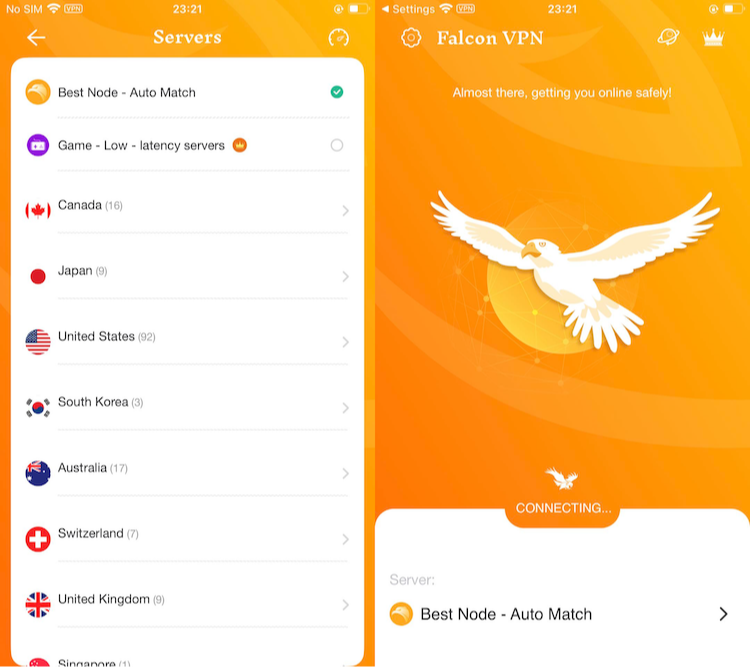
- Get the VPN App
Head over to FalconVPN and download the appropriate version for your device. - Complete Installation
Open the downloaded file and follow the prompts to install the VPN app on your device. - Open the VPN App
Launch the app after installation. Select your preferred server location. - Connect to Secure Your Internet
Hit the “Connect” button to encrypt your connection and protect your online activities.
Frequently Asked Questions
Can you be tracked with a VPN if you're logged into social media?
Yes, even with a VPN, you can be tracked if you're logged into platforms like Facebook or Google. These services can still identify your account activity through cookies and login data. A VPN hides your IP address, but it doesn't anonymize your identity on platforms you're signed into.
Does using a free VPN increase the risk of being tracked?
Free VPNs often come with trade-offs—some may log your activity, show ads, or sell data to third parties. That means you can be tracked with a VPN if the provider lacks a strict no-logs policy or uses weak encryption. For better privacy, use a VPN with transparent privacy practices.
Can your ISP see your activity when you're using a VPN?
Your Internet Service Provider (ISP) can see that you're connected to a VPN server but cannot track your online activity or know which websites you're visiting. VPN encryption ensures your data remains private from ISP monitoring.
Is VPN traffic detectable even if you can’t be tracked personally?
Yes, certain techniques like deep packet inspection (DPI) can identify that you're using a VPN, especially in countries where VPN use is restricted. However, this doesn’t mean your exact identity or actions can be tracked unless other data leaks occur.
Can government agencies track you through a VPN?
While VPNs provide a strong layer of privacy, government tracking is still possible under specific conditions—especially if you're using a VPN that logs user data, or if you're under surveillance and expose personal info elsewhere online. Using privacy tools and cautious behavior is key.
What’s the best way to stay anonymous online besides a VPN?
A VPN helps mask your IP, but full anonymity also requires:
-
Using private browsers (like Tor)
-
Disabling cookies and trackers
-
Using disposable email addresses
-
Avoiding personal info sharing online
Think of a VPN as one part of a broader digital privacy strategy.

John Miller is a tech enthusiast and online privacy advocate with over 8 years of experience in VPN and cybersecurity. He writes expert guides to help users navigate VPN options, enhance their online security, and protect their privacy on the internet.

